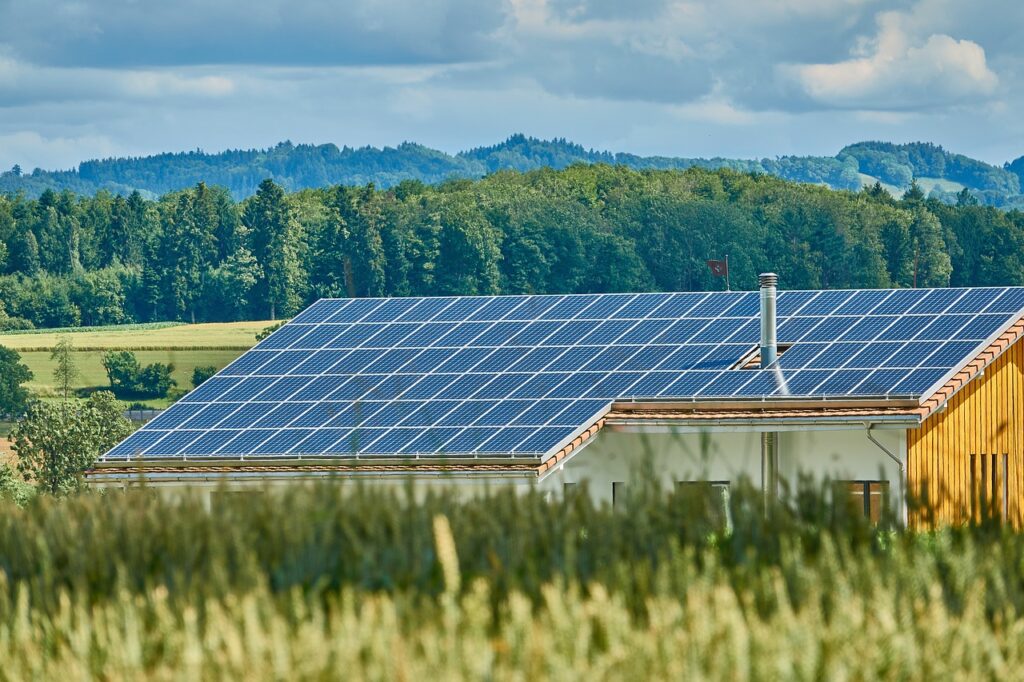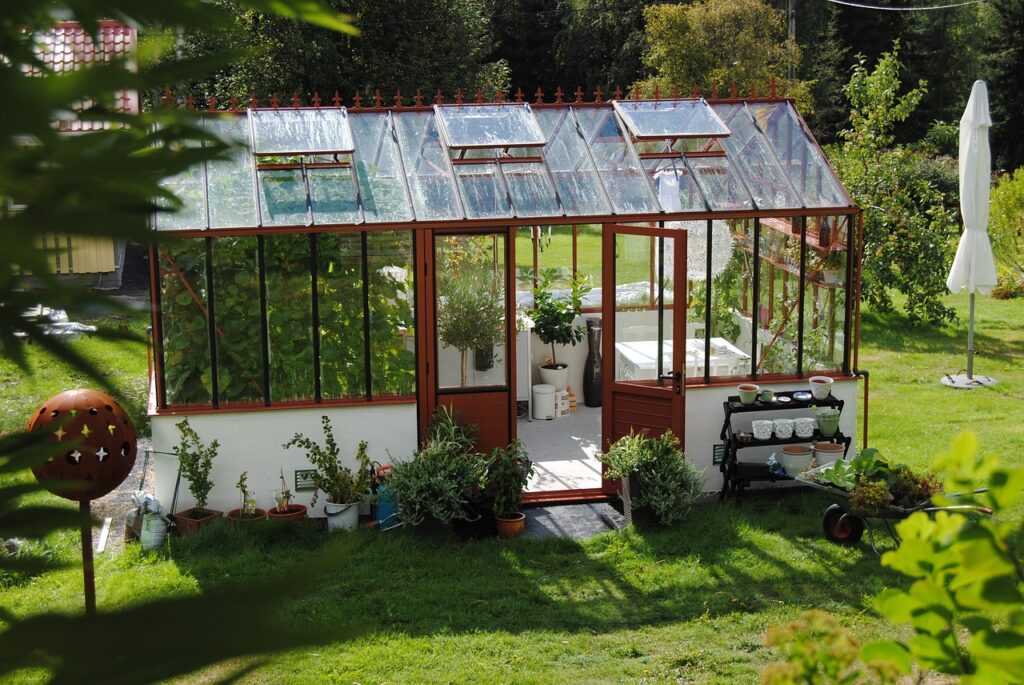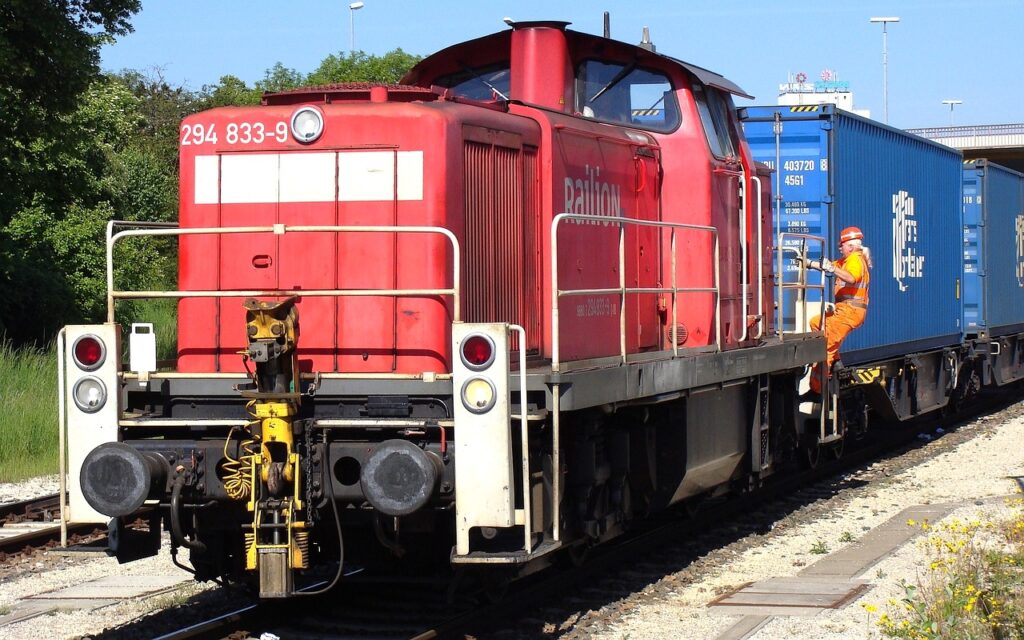The AFEEDi’s multi-faceted approach offers various keys to understanding the issues of poverty and conflict. We highlight the importance of research in tackling this issues, measure the progress made on implementing them and working with society to find innovative solutions to the identified challenges.
We collect data in remote places and also partner with organizations in data collection, conduct both qualitative and quantitative researches via Content Analysis, Descriptive Analysis, and Econometrics Analysis and dialogue with policy makers, implements and other stakeholder

Financing for Sub-Saharan African sustainable development: from billions to trillions to action – Orekoya and Peter Oluleke
The study examines the various financial opportunities available to drive sustainable development in Sub-Saharan Africa. It investigates the impacts of private, public and multilateral financial opportunities available to drive sustainable development in Sub-Saharan Africa on GDP per capita, life expectancy, human capital development and fertility rate. Using the autoregressive distributed lag (ARDL) model on data from 1971 to 2018, the result reveals the existence of significant impact of financing from private, public and multilateral sector on sustainable development in Sub-Saharan Africa. Also, the study empirically shows that no single source of funding is sufficient to finance sustainable development of SSA nations. The study therefore recommends that government should play an active but non-distortionary role in financial development. Policies should aim at creating a conducive environment for financial sector development by promoting sound and stable macroeconomic policies. Multilateral development banks and bilateral donors should also strengthen access to private sources of finance by promoting improvement in business and investment climate.

Energy Consumption, Trade Openness and Economic Development of Some Major Oil-Producing Countries in Africa – Orekoya and Oluleke
To investigate the nexus between energy consumption, trade openness and economic development for seven oil-producing countries in Africa, this study employs the panel Autoregressive Distributive Lag (ARDL) techniques on data from 1971 to 2017. The Levin-Lin-Chiu, Pesaran-Shin and Breitung tests were used to ascertain the stationarity of the variables. The Hausman test showed that the mean group heterogeneous ARDL is the best technique to estimate the short and long-run relationship of the model. The result revealed that trade openness and the nature of energy consumed have significant impacts on economic development in the selected oil-producing countries. A percentage increase in trade openness decreases economic development by about seven precent but boosts development by twenty-eight percent. From the findings, it is recommended that policies be channelled to favour enabling environment, African free trade zone, economic freedom, private financial growth, ease of doing business, energy efficiency, renewable energy, carbon capture and storage, private property rights and security in Africa.

Energy Mix and Greenhouse Emission in Nigeria: Private Solutions to Addressing Environmental Issues using Autoregressive Distributive Lag based Methodology
Global warming and climate change are getting more attention especially as it generates more environmental problems. Increase in world average air and rising global average sea level are some evidences of global warming. CO2 emission, which is a global pollutant, is the main greenhouse gas that causes 69.9 percent of global warming and climate change (The World Bank, 2012).
The study’s objective is therefore to examine the relationship between energy mix and green house emission in Nigeria. Specifically, it investigates the impact of impact of fossil oil, electricity consumption and renewable consumption on greenhouse gas emission; and the effect of energy mix on CO2 emission in Nigeria.
DOWNLOAD HERE

Lower Oil Prices, Environmental Sustainability of selected oil producing sub-Saharan economy:
Is this time different? – Peter Oluleke
Over many years rises and fall of world oil prices have been repeatedly reflected in the boom-bust cycles in oil-exporting countries the world over. The recent spectacular rise and equally spectacular fall in prices provides an opportunity to inquire whether anything is different this time.
In this paper we will limit the analysis to the experience, outlook, and long term fiscal policy considerations for eight of the world’s oil-producing countries in sub-Saharan Africa. Because we are interested in gauging their fiscal vulnerability and sustainability from the angle of managing exhaustible oil wealth, we focus on the non-oil primary balance as the relevant indicator of how initial conditions and resource endowments can influence long-term considerations in several different models of fiscal rules.
